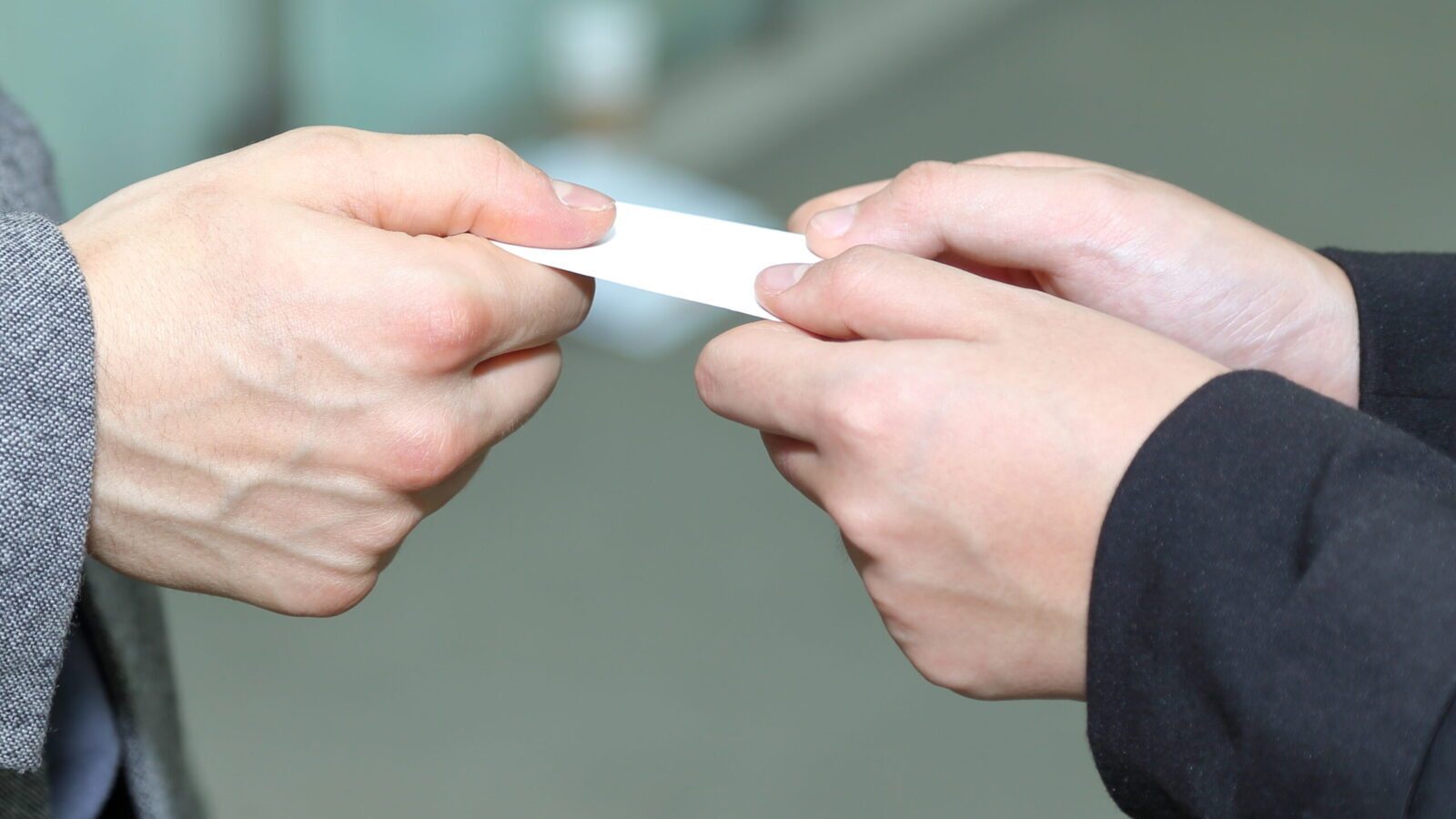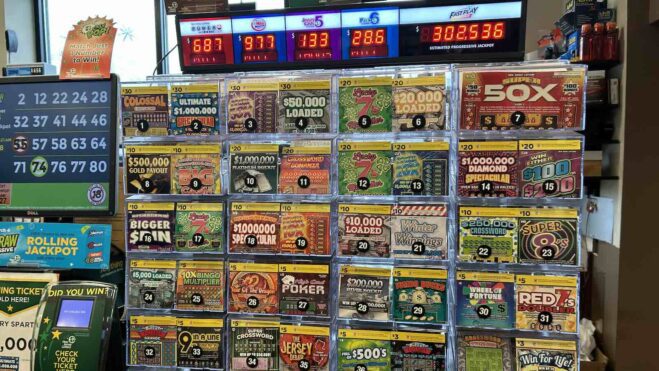Whose Jackpot Is It Anyway?
Lottery history is littered with disputes over ownership of a winning ticket, with the courts often having to make the call
5 min

The third season of the groundbreaking 1970s sitcom All in the Family featured an episode in which the character Edith Bunker (played by Jean Stapleton) buys four lottery tickets at the request of a neighbor and puts them in her pocketbook. Ten months pass before Edith remembers she has the tickets, at which point she discovers that one of them is a $500 winner (equivalent to just under $4,000 in 2025).
Edith’s husband Archie (Carol O’Connor) insists that since she has possession of the tickets, the winnings are legally theirs. His position seems solidified when Edith reveals that although the friend intended to pay her back for buying the tickets, she never got around to it. So not only did Edith have the tickets, she paid for them.
Edith, the moral compass of the series and perhaps the most moral character in all of sitcom history, insists that the winnings belong to the neighbor, since they were bought for her. Archie, whose sense of morality is, shall we say, somewhat less reliable than his wife’s, schemes a way for the Bunkers to keep the money against Edith’s wishes.
Most disputes involving legal possession of winning lottery tickets aren’t quite as morally weighted as the one Archie and Edith went through, and they aren’t resolved as quickly or as easily as theirs was (look elsewhere for spoilers).
Many of them end up in court and are the result of an antagonist’s attempt — friends or co-workers, mainly — to get in on a piece of the lottery action even when it’s pretty clear they don’t have a legal leg to stand on, despite any moral claim they might make.
No way, Jose
Last November, a Benton County, Arkansas judge ruled on a case that involved two men, Jose Quinteros and his employee, Jorge Rivera Palma, who bought four lottery tickets together and agreed to split any resulting prize.
The trouble started when one of their tickets hit for $500,000. After Quinteros realized they had won and let Rivera know, Rivera called him back and asked him if he would drive over and bring the winning ticket, as he, Rivera, wanted to show it to his nephew. Quinteros thought nothing of it.
He drove over, gave Rivera the ticket, and sat in his car waiting for Rivera to come back out. He never did. When Quinteros called him from his car and asked him what was going on, Rivera replied that he was going to cash the ticket the next day. He did and claimed the entire jackpot.
In court, Rivera claimed that Quinteros had given him the money for two tickets, not four, and that he, Rivera, bought two more tickets on his own, separately, and it was one of those tickets that matched the winning numbers.
Judge Xollie Duncan didn’t buy it, ruled in Quinteros’ favor, and ordered Rivera to pay him $177,750, half of the winning prize after taxes.
Thoughts and prayers
In a precedent-setting case in New York in 1984, Daysi Fernandez, a 37-year-old Dominican mother of three, won $2.8 million in the New York Lotto (about $8.5 million in 2025 money). When Fernandez attempted to collect her winnings, she was sued by a friend of her son, 17-year-old Christopher Pando.
Pando claimed that Fernandez, knowing that Pando was especially religious, had asked him to pray to what he called “St. Eleggua” for the winning numbers, buy the lottery tickets for her with money she had given him, and if she hit the jackpot, she would split the winnings with him. (St. Eleggua is one of the seven so-called African powers, with roots in African voodoo.)
Fernandez denied Pando’s story, and the New York Supreme Court for New York County issued a summary judgment in Fernandez’s favor, ruling that even if the promise had been made, Pando could not collect because it was impossible for him to prove that St. Eleggua caused the ticket to win.
This ruling was overturned in 1986 based on the premise that Pando merely needed to establish that he had bought the tickets, selected the numbers, and prayed to the saint.
At the subsequent trial, a jury ordered Fernandez to pay Pando half of her winnings, establishing the legal precedent that an oral agreement to share lottery winnings is valid and enforceable and that failure to do so is a breach of contract.
Dream come true
In a case that was heard in London in 2015, a waiter named Fatih Ozcan dreamed that he was standing in front of a huge pile of cash and that his boss, Hayati Kucukkoylu, stood next to him. He interpreted this to mean that he and Kucukkoylu were going to win the lottery together.
The next day, Ozcan told Kucukkoylu about the dream and asked him for money to buy a lottery ticket. Kucukkoylu refused several times, but eventually gave him some coins from the restaurant’s till. Ozcan immediately bought a ticket that turned out to be worth £1 million.
Kucukkoylu tried to claim the entire prize for himself, arguing in court two years later that he’d paid the full cost of the ticket (£9) and chosen the winning numbers. Ozcan countered that it was his dream that led them to buy the ticket in the first place, and he’d paid for half the cost of the ticket.
Video footage recorded at the restaurant strongly suggested that both men had shared the task of choosing the winning numbers and that each had paid half the stake.
This evidence was enough to compel the presiding judge to order the winnings split evenly between the two claimants.
Don’t mix business and pleasure
Even though they can be fun, workplace lottery pools are almost never a good idea — especially if someone wins. Earlier this year, the Supreme Court of British Columbia heard a case involving a $2 million lottery jackpot won by Mandeep Singh Maan in August 2022.
Shortly after Maan claimed the prize, he was sued by four co-workers who claimed the winning ticket was part of a longstanding workplace lottery pool and that participating employees kicked in $10 every Monday and Friday. Not only that, they said, Mann bought the winning ticket with money his co-workers had contributed earlier that day.
Maan countered that the lottery pools operated sporadically at best, he bought the ticket with his own damn money, and they could all kiss his ass (probably).
After reviewing evidence presented by the group, the court ruled, “The fact that the parties bought lottery tickets together, even if they did so with some frequency, is not sufficient to discharge the plaintiffs’ burden of proving on a balance of probabilities that they entered into a binding oral agreement with the defendant that would give them a claim over the winning ticket.” So Maan kept the full prize.
Score for the store
Sometimes it’s not even human co-workers who screw you over. Take the case of Beverlie Seltzer, who worked at an Acme supermarket in Doylestown, Pennsylvania that had an automated lottery ticket terminal. Sometimes it printed “mistake” tickets, meaning tickets of random numbers customers had asked for, then rejected because they didn’t like the numbers.
Store procedure mandated that a clerk had to write up a claim for each such ticket and Acme had to pay the lottery commission for it. But if the ticket happened to hit, Acme got to claim the winnings.
In 2019, Seltzer showed up for work, went through the “mistake” pile, and discovered that one the of the tickets was good for $4.15 million. Instead of processing it according to store policy, she took $10 from her purse and rang up a transaction to buy it.
Seltzer tried to claim the jackpot, but after viewing surveillance video of Seltzer taking the winning ticket out of the mistake pile, Acme took her to court and won. The judge ruled that Acme owned the ticket the moment it was printed. A higher court upheld the ruling on appeal.
Say what you will about the morality of a multi-billion-dollar corporation winning out over a supermarket clerk. From a legal standpoint, Seltzer never really stood a chance. Even Archie Bunker would have to agree with that.





